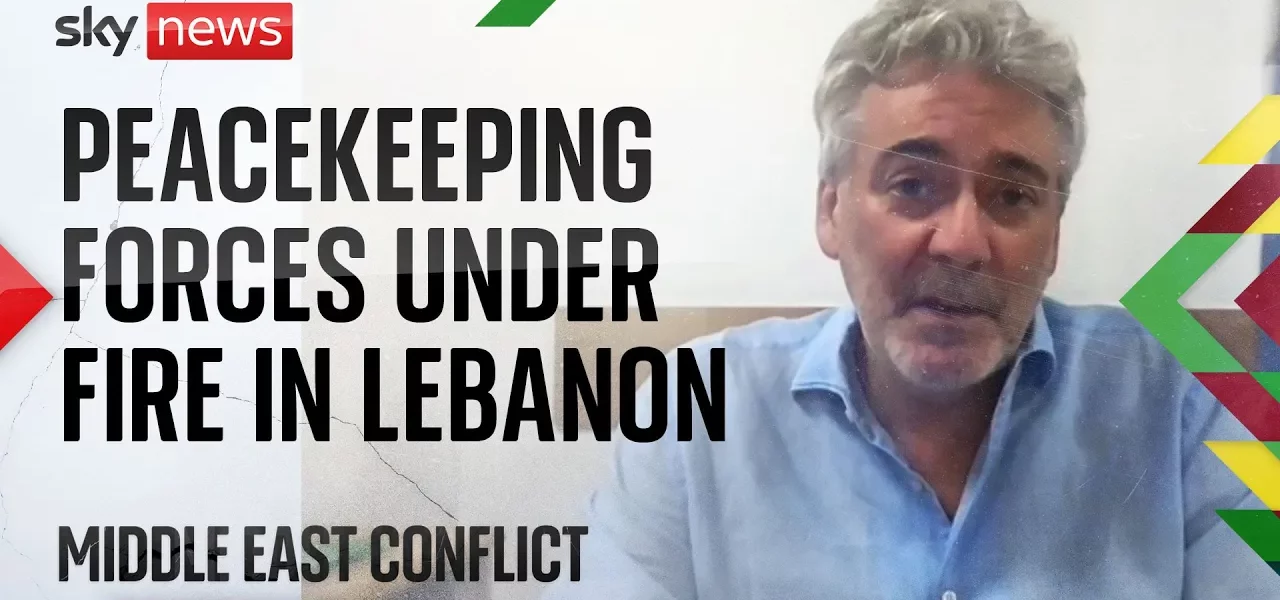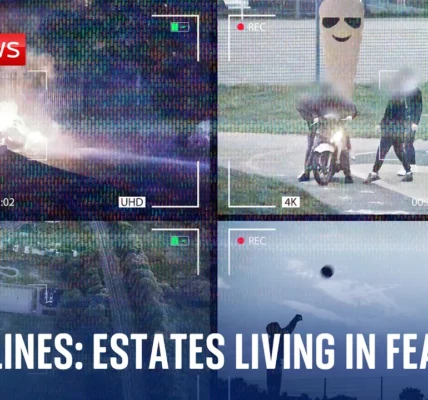Recent Attacks on Peacekeeping Forces in Lebanon: A Detailed Analysis

This article delves into the recent troubling incidents involving peacekeeping forces in Lebanon, focusing on the implications of targeted attacks, international responses, and the ongoing humanitarian crisis in the region.
Introduction
The situation in Lebanon has escalated in recent days as peacekeeping forces have come under direct attack. Reports indicate multiple instances of targeting, raising serious concerns about the safety of UNIFIL personnel and the broader implications for regional stability. This article explores the details of these attacks, the responses from UNIFIL representatives, and the significance of international humanitarian law in this context.
Recent Attacks on UNIFIL Forces
In the last 48 hours, peacekeeping forces have faced a series of attacks that have heightened tensions in the region. Below, we explore the specifics of these incidents.
Details of the Attacks
- Four attacks reported within a short timeframe.
- Three attacks occurred yesterday, targeting key positions, including the headquarters of UNIFIL.
- Injuries were reported among peacekeepers, with two sustaining light injuries and one suffering a serious injury.
Nature of the Attacks
The attacks were characterized as deliberate, with claims that precision strikes were aimed at peacekeeping positions and their surveillance equipment. Key points include:
- Deliberate targeting of UNIFIL headquarters and monitoring equipment.
- Use of drones in close proximity to peacekeepers’ shelters.
- Calls for all parties involved to respect the safety and security of UN personnel.
International Humanitarian Law and Accountability
The escalating violence raises significant questions regarding violations of international humanitarian law. UNIFIL representatives have emphasized the importance of accountability.
Legal Implications
While not formally labeled as war crimes, the attacks are considered grave violations of international humanitarian law. The UN’s legal office is expected to assess the situation further, but the immediate focus remains on:
- Documenting the attacks and injuries sustained by peacekeepers.
- Maintaining communication with the Security Council regarding operational safety.
- Providing humanitarian assistance to civilians affected by the conflict.
Role of the International Community
The international community’s role is crucial in ensuring that peacekeeping missions are respected and that humanitarian laws are upheld. Key actions include:
- Encouraging diplomatic resolutions rather than military interventions.
- Supporting peacekeeping operations through robust mandates and resources.
- Facilitating dialogue between conflicting parties to reduce tensions.
UNIFIL’s Position and Future Actions
Despite the attacks, UNIFIL has maintained its position in southern Lebanon, emphasizing the necessity of their presence for stability and humanitarian efforts.
Decision to Remain
UNIFIL has made a strategic decision to remain in their current positions along the Blue Line despite requests to withdraw. This decision is based on:
- The ongoing need for monitoring and reporting on the situation.
- Commitment to supporting the Lebanese Army and ensuring no illegal arms enter the region.
- The necessity of providing humanitarian assistance to the local population.
Call for De-escalation
The message from UNIFIL is clear: all parties must work towards de-escalation. The emphasis is on:
- Ceasing hostilities immediately to prevent further violence.
- Engaging in political dialogue to find sustainable solutions.
- Prioritizing humanitarian efforts to aid those affected by the conflict.
Conclusion
The recent attacks on peacekeeping forces in Lebanon underscore the fragile security situation in the region and the critical importance of adhering to international humanitarian laws. As UNIFIL continues to navigate these challenges, the need for a concerted international effort to promote peace and stability remains paramount. It is imperative for the global community to prioritize diplomatic solutions over military action to ensure the safety of peacekeepers and civilians alike.
For more insights on international peacekeeping operations and humanitarian law, visit our related articles on UN Peacekeeping Missions and Humanitarian Law in Conflict Zones.
“`




